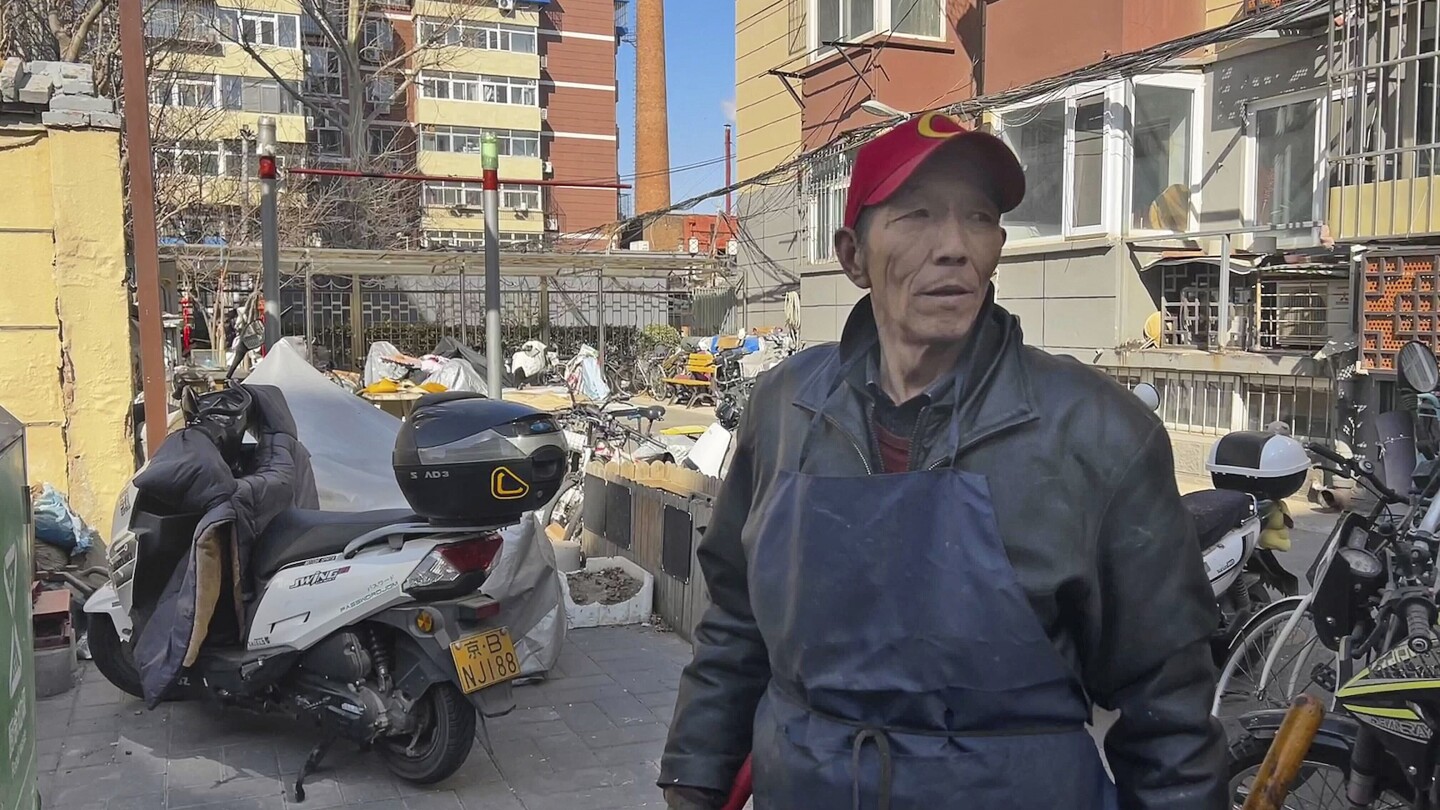- cross-posted to:
- [email protected]
- cross-posted to:
- [email protected]
At 53, Guan Junling is too old to get hired at factories anymore. But for migrant workers like her, not working is not an option.
For decades, they have come from farming villages to find work in the cities. Toiling in sweatshops and building apartment complexes they could never afford to live in, they played a vital role in China’s transformation into an economic powerhouse.
As they grow older, the first generation of migrant workers is struggling to find jobs in a slowing economy. Many are financially strapped, so they have to keep looking.
“There is no such thing as a ‘retirement’ or ‘pensions’ for rural people. You can only rely on yourself and work,” Guan said. “When can you stop working? It’s really not until you have to lie in bed and you can’t do anything.”
She now relies on housecleaning gigs, working long days to squirrel away a little money in case of a health emergency. Migrant workers can get subsidized health care in their hometowns, but they have little or no coverage elsewhere. If Guan needs to go to hospital in Beijing, she has to pay out of pocket.
As China’s population ages, so are its migrant workers. About 85 million were over 50 in 2022, the latest year for which data is available, accounting for 29% of all migrant workers and up from 15% a decade earlier. With limited or no pensions and health insurance, they need to keep working.



China is absolutely not a capitalist economy in the same manner most western nations are, and anyone disagreeing is just misinformed. China is a mixed socialist market economy with the government directing development towards certain sectors. Hence why they built a national high speed rail system that is largely unused and other similar projects. That being said, there is no reason they couldn’t implement a pension system.
Go check it out yourself dude. My experience is quite different to what is so often reported - such as your point about the high speed rail. The complaints the people using it make are valid (its very experience for example) but it is far from unused. Getting on the things are almost always a gladatorial survival experience, and there are people standing (or sitting on their bags) in the aisles. All anecdotal of course. I guess your point is to do with the absolute control the state (likes to think it) has, including with large vanity engineering projects, the zero rule of law, loose and unfair regulation if any, zero workers rights and so in. All things which give most shareholders of multinationals a huge case of genital envy. The place is beyond hyper consumeristic. None of our concepts or categories apply neatly, because the place , much like the world, is massive, complex, and diverse, with many challenges. If anything I think of it as authoritarian capitalism. True socialist concepts are long gone in actual practice there.
Thanks for sharing your experience. This jives a lot with what I’ve also heard. When I use the word “socialism” I’m not speaking from a leninist theory point but rather the way contemporary economists use to describe planned economies. I don’t think China is ‘socialist’ in the classical sense. I’m speaking strictly through economic theory and how the state operates through SOEs (state owned enterprises) and hybrid business partnerships between the state and the private sector. That’s all 🙂
Understood . Pretty fascinating as a (many times) visitor. But glad its somewhere I could leave for greener pastures. Many there wish they could do the same I’m sure.